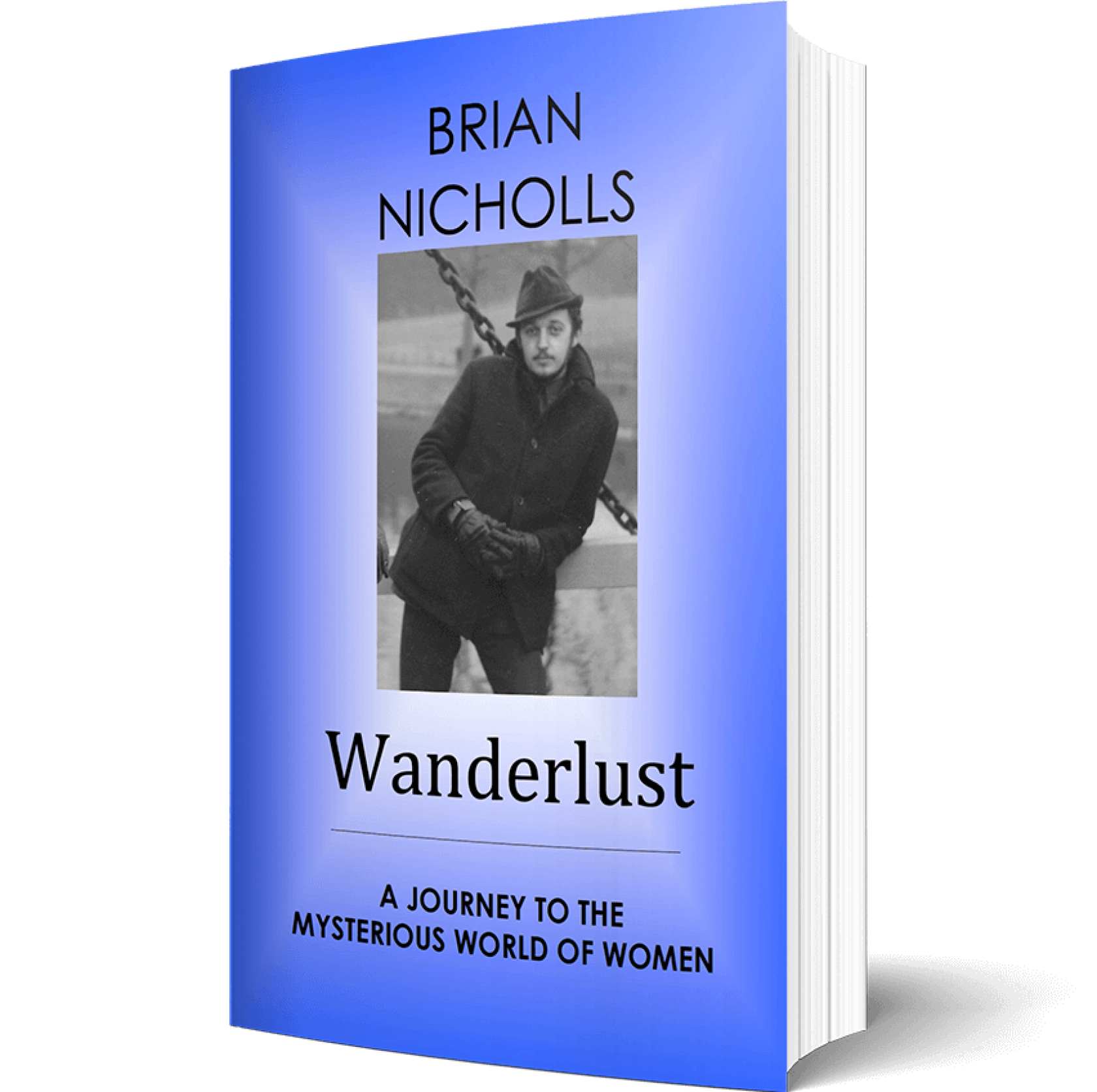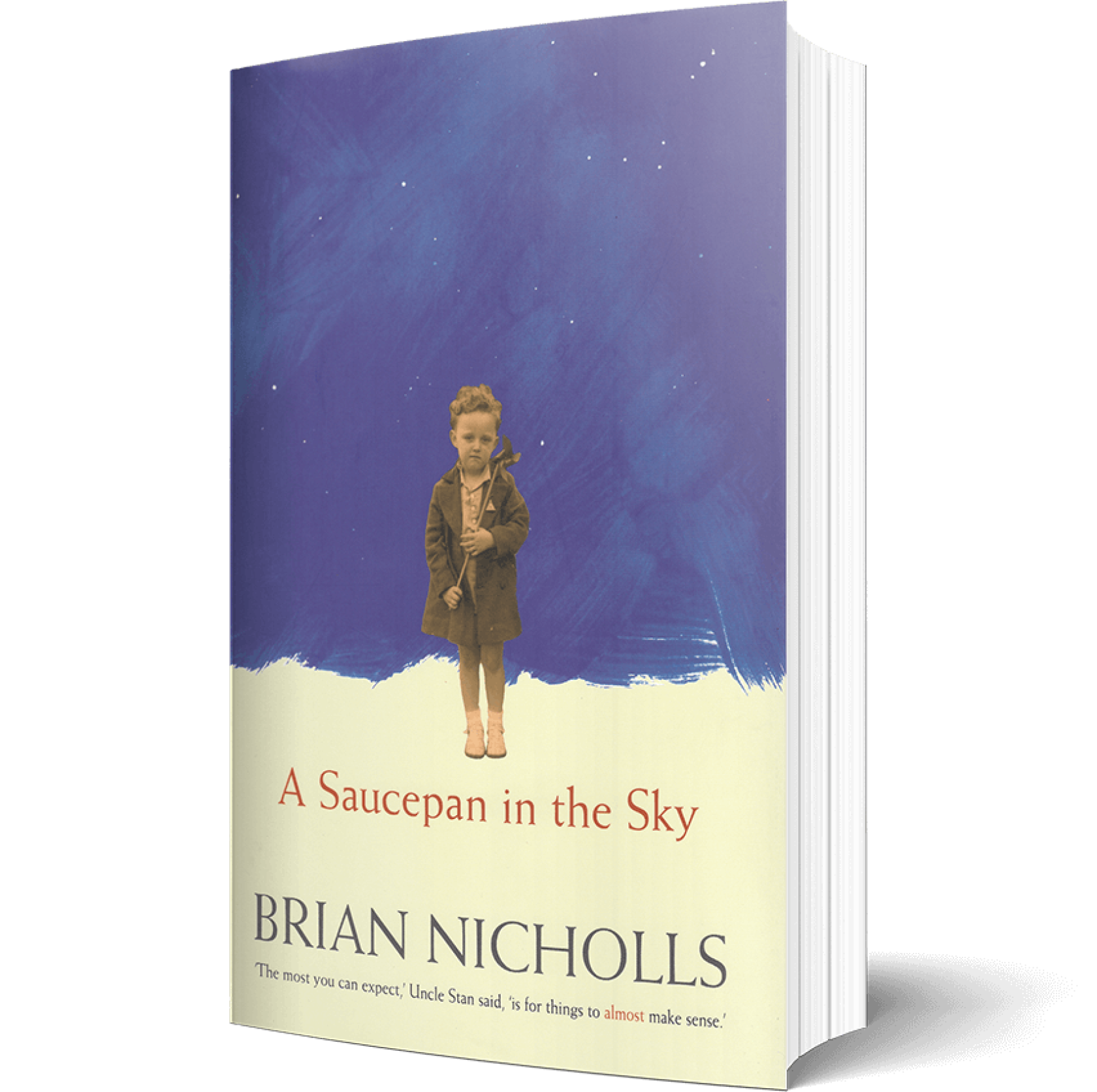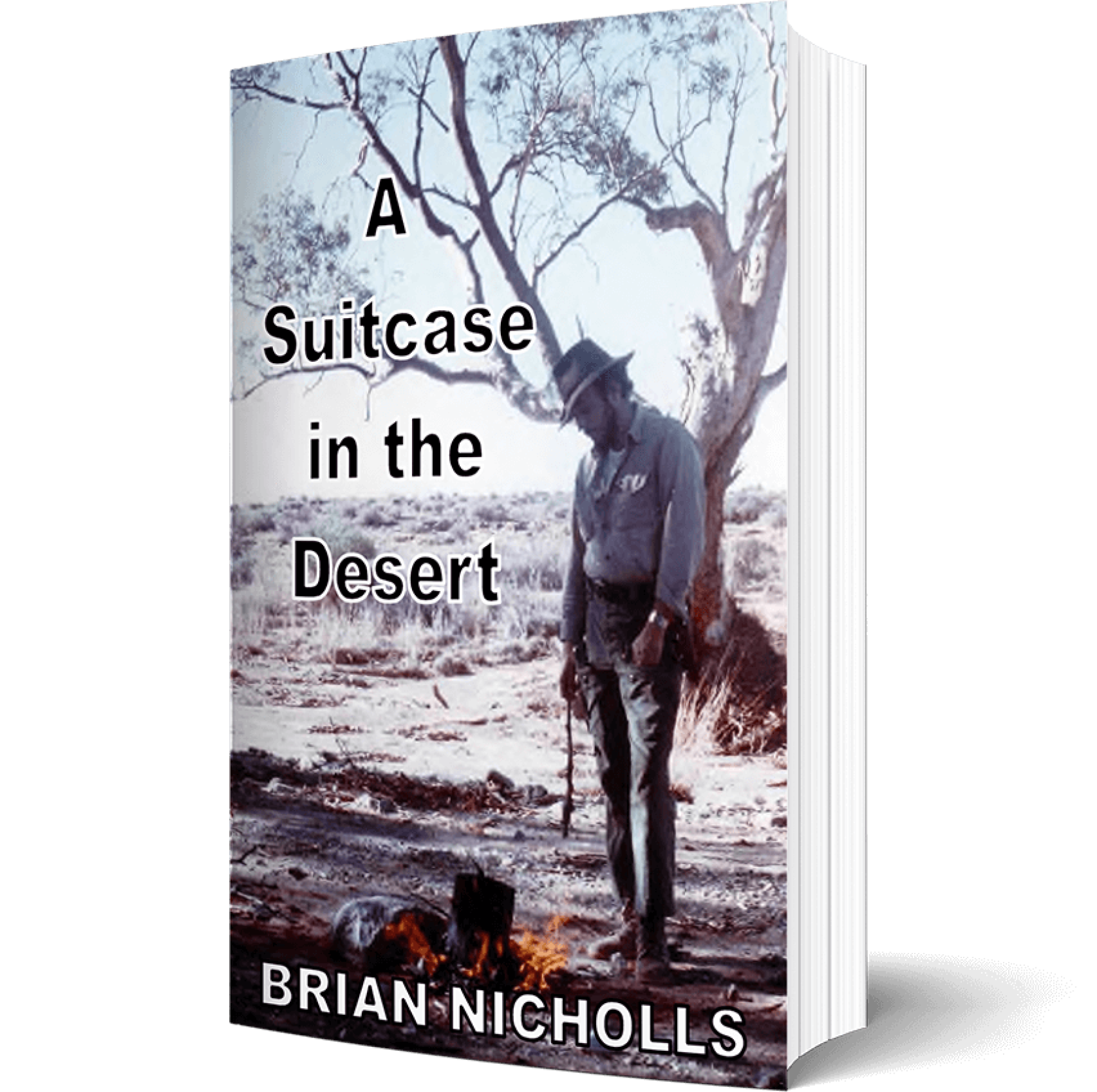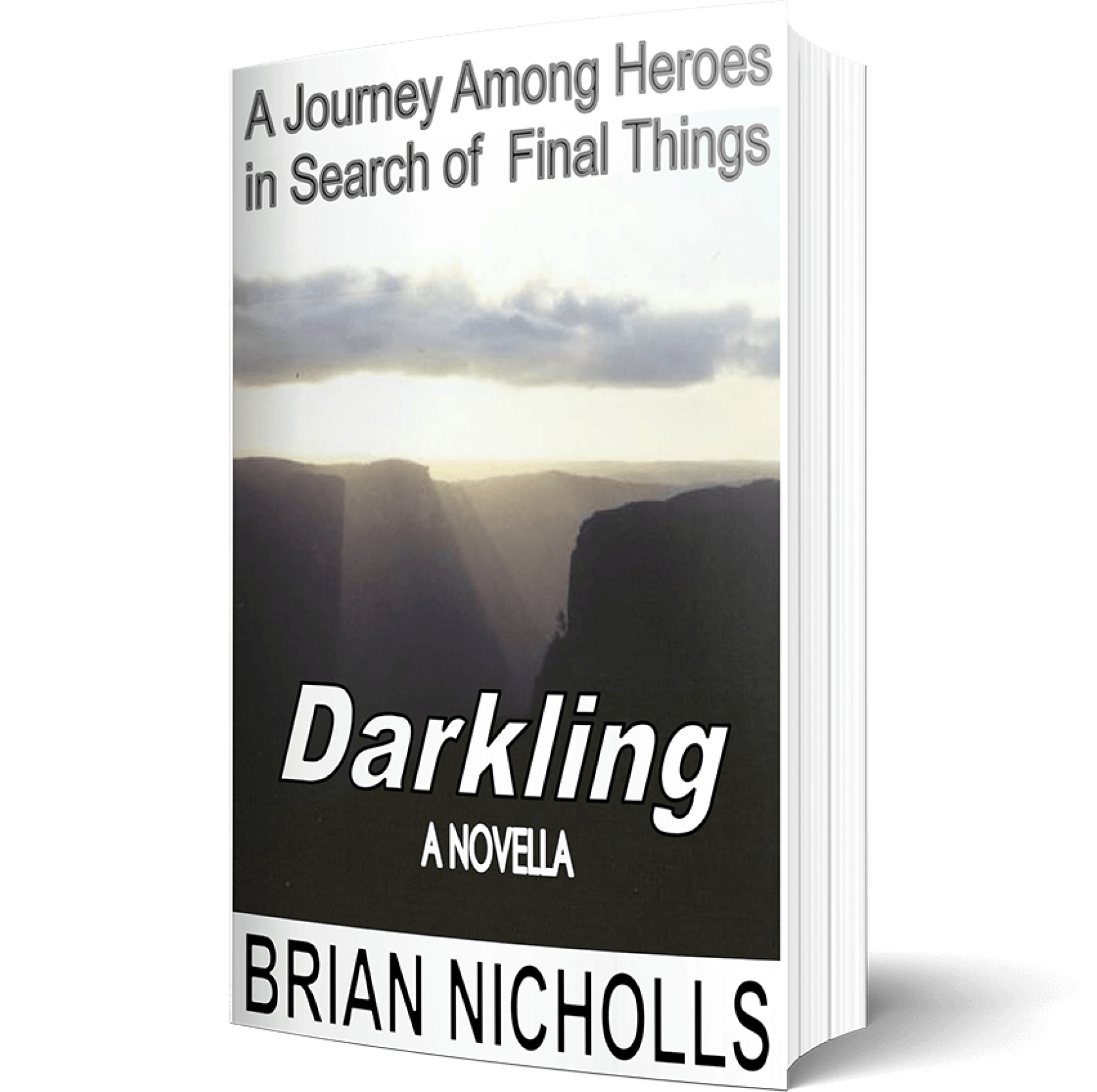Wanderlust
At twenty Nick has curiosity, a certain self-deprecating sense of humour and a love of books. But his life lacks romance and adventure. Like the legend of Parsifal, he wants to shed his homespun garments for the shining trappings of a knight. He embarks for London.
On the Fairsky he meets a Wise Old Mentor in the shape of Len, a middle-aged Jewish mathematician and Holocaust survivor. Len outlines The Quest by quoting Michel de Montaigne. Montaigne believed that happiness is obtained by overcoming feelings of cultural, intellectual and sexual inadequacy.

Nick’s journey among women begins.
TESS is a forty-year-old Jewish woman with a wild sensuality. From Tess Nick discovers carnal pleasure but also a sense of emotional complication.
JULIE is an English girl obsessed with Celtic mythology. Sexual desire to her is a celebration of the natural world. She is expert at romantic game-playing, masquerade and fantasy. Nick realizes that in his quest to become a Realist and accept the harsh realities of existence he has foolishly discarded his playful boyhood imagination.
GRETL is a dark-haired Afrikaner beauty. Wilful and unobtainable. With Gretl he lives through the pain of obsession and romantic love and learns the folly of seeking the sublime in a human being.
VICKY is prickly, perverse, vulgar, a bitch – but more than she seems. In many ways she offers the most challenging relationship. She knows about the darker parts of the heart.
Notes on Wanderlust
The structure is novelistic with dialogue and character-driven humour.
The milieu is Sydney, but mostly London at the beginning of the Swinging Sixties, when tens of thousands of young Australian men and women had their big trip OS and first taste of adult life. One of the accomplishments of Wanderlust is the way it wrenches the universal from the specific in the telling of this classic story.
The narrative is based on the Mythic Quest: A Hero accepts a Call to Adventure; receives some Advice from a Wise Old Mentor and after some Fun and Danger with Tricksters finds Something of Value.
The theme is the youthful quest for happiness and knowledge and the struggle with paradox and contradiction.
The style is whimsical and ironic, with a mixture of the profound and the humorous. Wanderlust entertains while at the same time posing serious questions about relationships between the sexes and the influence of family and culture on the growth of character.
The premiss is that the immortal dramas of the gods are played out in ‘ordinary’ lives. As the great American playwright Arthur Miller put it: ‘The common man is as apt a subject for tragedy in its highest sense as kings were.’
A quality paperback edition.







